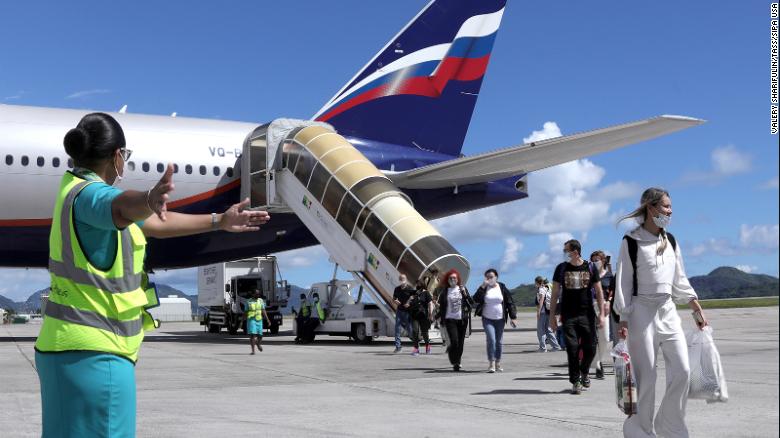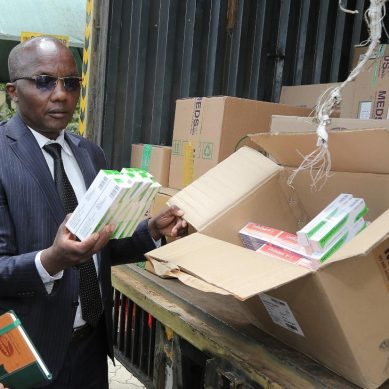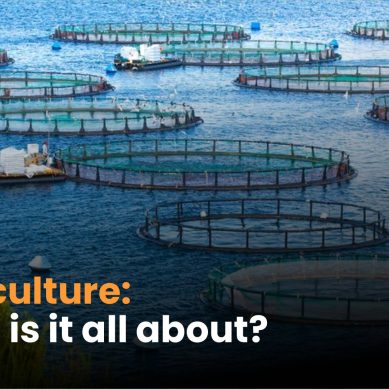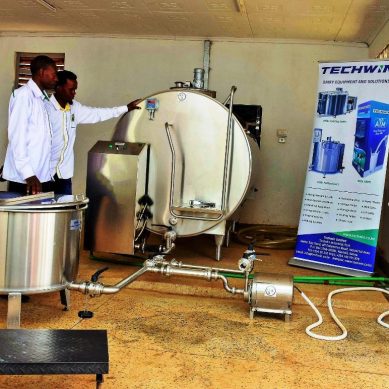
The Seychelles vaccination puzzle is a reminder that even after widespread vaccinations, infections are unlikely to stop completely. This is because, although 61.4 per cent of the population is already fully immunised that hasn’t been enough to stop the rapid spread of the virus.
The vaccines available are able to reduce serious infections, although they may not give sterilizing immunity – or complete protection – against Covid-19, said Jeremy Lim, an associate professor at the National University of Singapore’s Saw Swee Hock School of Public Health.
“It’s just a reflection of perhaps how naive or how foolishly optimistic we are,” he said.
But Cassie Berry, a professor of immunology at Murdoch University in Perth, notes the situation in the Seychelles wouldn’t necessarily be mirrored worldwide.
The rate of infection for vaccinated people would depend on a number of factors, including the kind of vaccine they received and the genetics of the population. Herd immunity would be reached faster in countries using vaccines with a higher efficacy rate, she said. Pfizer, for instance, has an efficacy rate against severe disease of more than 90 per cent.
Lin said that getting any vaccine was “more desirable” than remaining unprotected and being exposed to the one per cent death rate of the disease. “The vaccines have been very effective at preventing death,” Lin added. “It’s definitely advantageous to take the vaccine you can get, rather than wait for something perfect.”
And Jennifer Huang Bouey, an epidemiologist at the California-based think tank RAND Corporation, noted that not every country has the option of getting one of the more effective vaccines – especially given the temperature-controlled supply chain that some vaccines require.
The Seychelles is a vaccine success story. But it’s also a cautionary tale that vaccines aren’t a cure-all — and that countries need to be wary of new variants and transmission, Berry said.
“We’re all racing to be vaccinated, but we still need to remember social distancing and fresh air and masks are very good at preventing transmission,” she said. “I think it’s going to simmer for quite some time.”
Bouey said there was increasing consent among public health professionals that while vaccines are critical for mitigating Covid-19, they won’t eliminate transmissions or outbreaks.
“Covid is not going to suddenly disappear. The most likely scenario is that the world will just have to live with Covid,” National University of Singapore’s Lim said
That’s certainly the attitude in the Seychelles, where tourism took a devastating hit last year. With widespread vaccination, Radegonde said getting seriously ill from Covid was less of a concern – a bigger concern was the impact higher case numbers could have on the economy.
So far, there’s been no impact – around 500 visitors are arriving each day, said Radegonde, the tourism minister.
“If the situation worsened to such an extent that the tourists stop coming, it would be a big worry,” he said. “Seychelles remains open to visitors. We welcome everybody. We have absolutely no intention to change that.”
Seychelles appears to have adopted the view that Covid with minor symptoms is an acceptable price to pay.
But while it was fine to have Covid circulating in their populations, countries needed to do more than just vaccinating, Lim said. That included adequate border control, widespread testing and hospitals that had capacity to cope with outbreaks.
Stanford’s Lin agreed: “You can’t just throw away the public health playbook once you’ve vaccinated 60 per cent of your population.”
- A CNN report









